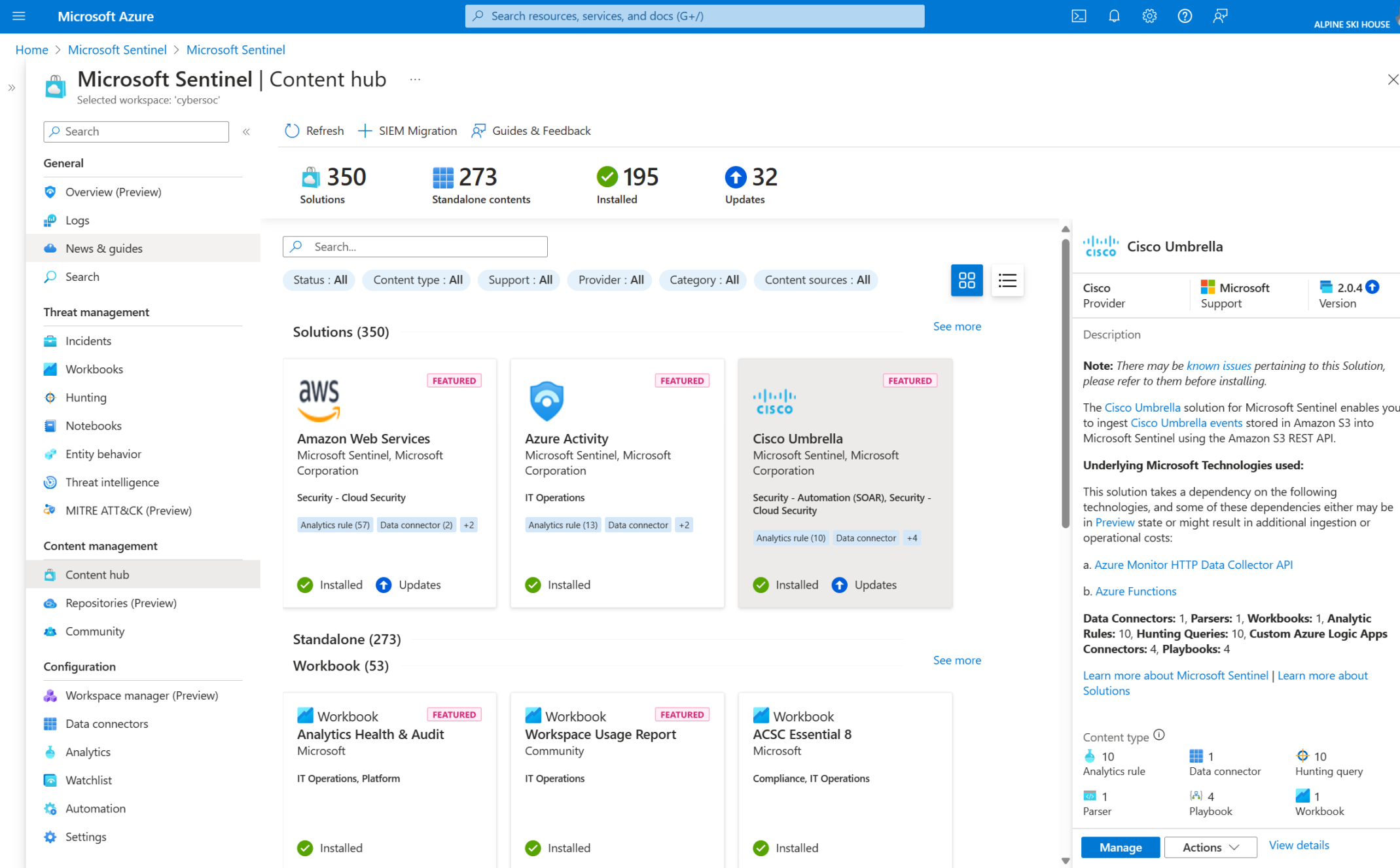Azure SIEM: The Ultimate Guide
Today, we are going to dive deep into the world of Azure SIEM. If you are not familiar with the term, don’t worry – we are here to help. Azure SIEM stands for Security Information and Event Management, and it is a crucial tool for any organization looking to enhance their cybersecurity posture. In this article, we will explain what Azure SIEM is, how it works, what is known about it, potential solutions it offers, and provide you with all the information you need to know about this powerful security tool.
What does Azure SIEM mean?
Azure SIEM is a cloud-based security solution that helps organizations monitor, detect, investigate, and respond to security incidents in real-time. It collects security data from various sources, such as logs, network traffic, and endpoint devices, and uses advanced analytics to identify potential threats. By centralizing security information and events in a single platform, Azure SIEM enables organizations to proactively protect their data and infrastructure from cyber attacks.
How does Azure SIEM work?
Azure SIEM works by ingesting security data from different sources, such as Azure Active Directory, Azure Security Center, and third-party security tools. The platform uses machine learning algorithms and threat intelligence to analyze the data and detect abnormal behavior or suspicious activities. When a potential threat is identified, Azure SIEM triggers alerts and notifications to the security team, enabling them to investigate and respond to the incident promptly.
What is known about Azure SIEM?

Azure SIEM is known for its scalability, flexibility, and ease of use. The platform can adapt to the changing security needs of organizations of all sizes, from small businesses to large enterprises. With built-in integration with other Microsoft security products, such as Microsoft Defender for Endpoint and Microsoft 365 Security, Azure SIEM provides comprehensive protection against a wide range of cyber threats.
Solution
One of the key benefits of Azure SIEM is its ability to streamline the security operations of an organization. By centralizing security data and automating threat detection and response processes, Azure SIEM helps security teams work more efficiently and effectively. The platform also provides valuable insights into security incidents and trends, enabling organizations to improve their overall security posture and compliance with industry regulations.
Information
Organizations that use Azure SIEM can benefit from real-time threat detection, rapid incident response, and continuous monitoring of their security environment. By leveraging the power of the cloud, Azure SIEM enables organizations to detect and respond to security incidents faster than traditional on-premises solutions. With built-in automation and orchestration capabilities, Azure SIEM helps organizations reduce the time and effort required to manage security operations and mitigate risks.
Conclusion
In conclusion, Azure SIEM is a powerful security tool that can help organizations enhance their cybersecurity posture and protect their data and infrastructure from cyber threats. By leveraging advanced analytics, machine learning, and threat intelligence, Azure SIEM enables organizations to detect, investigate, and respond to security incidents in real-time. If you are looking to improve your organization’s security operations, consider implementing Azure SIEM as part of your cybersecurity strategy.
FAQs
1. What are the key features of Azure SIEM?
Some key features of Azure SIEM include real-time threat detection, automated incident response, centralized security data, and integration with other Microsoft security products.
2. How can organizations benefit from using Azure SIEM?
Organizations can benefit from using Azure SIEM by improving their security operations, enhancing their incident response capabilities, and gaining valuable insights into security incidents and trends.
3. Is Azure SIEM suitable for small businesses?
Azure SIEM is suitable for organizations of all sizes, including small businesses. The platform can scale to meet the security needs of organizations of any size and adapt to their changing security requirements.
4. What are some best practices for implementing Azure SIEM?
Some best practices for implementing Azure SIEM include defining clear security policies and procedures, training staff on security best practices, and regularly reviewing and updating security configurations.
5. How does Azure SIEM compare to other SIEM solutions on the market?
Azure SIEM offers unique benefits, such as integration with other Microsoft security products, scalability, and flexibility. Organizations should evaluate their specific security needs and requirements to determine if Azure SIEM is the right solution for them.



